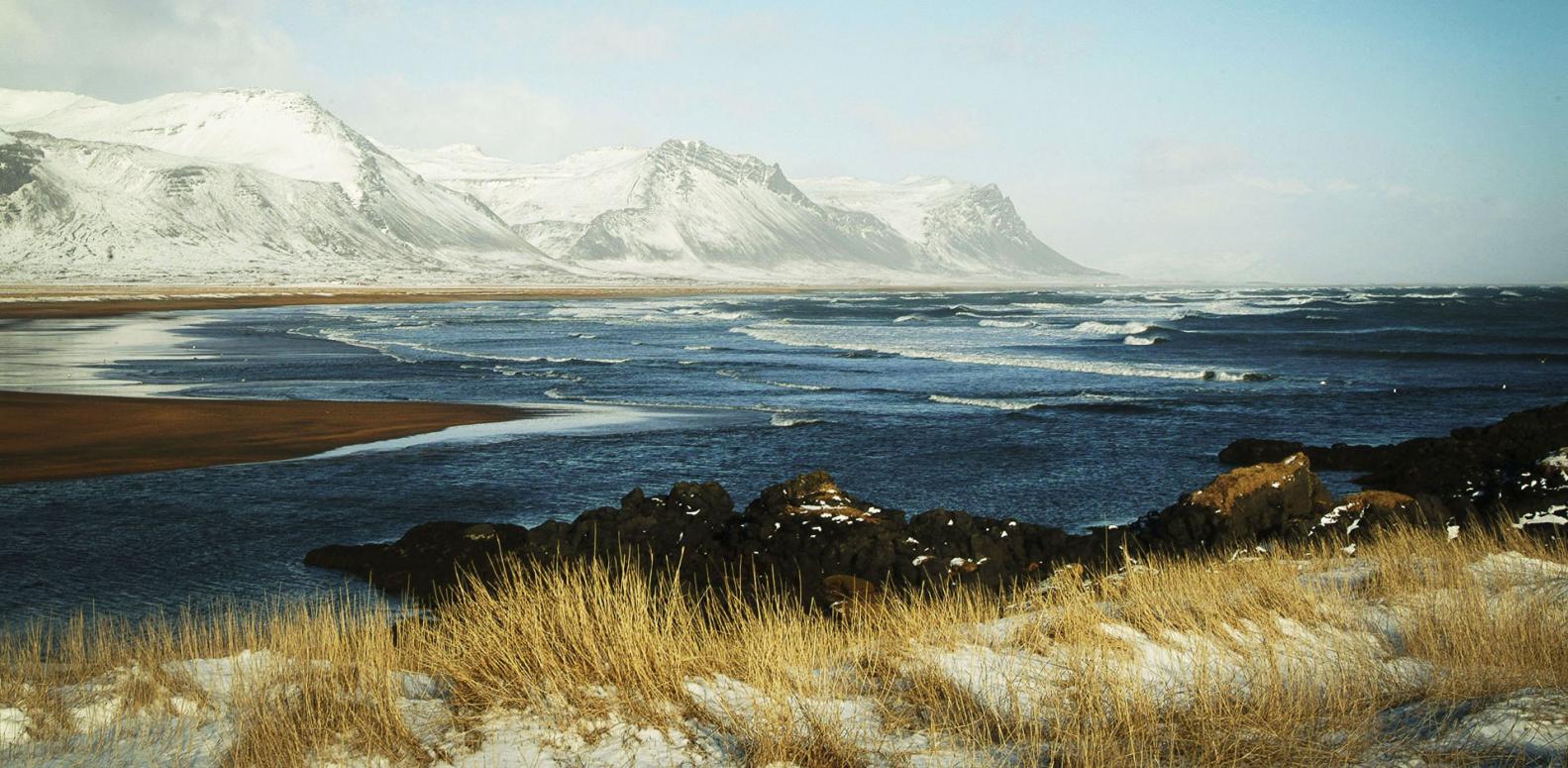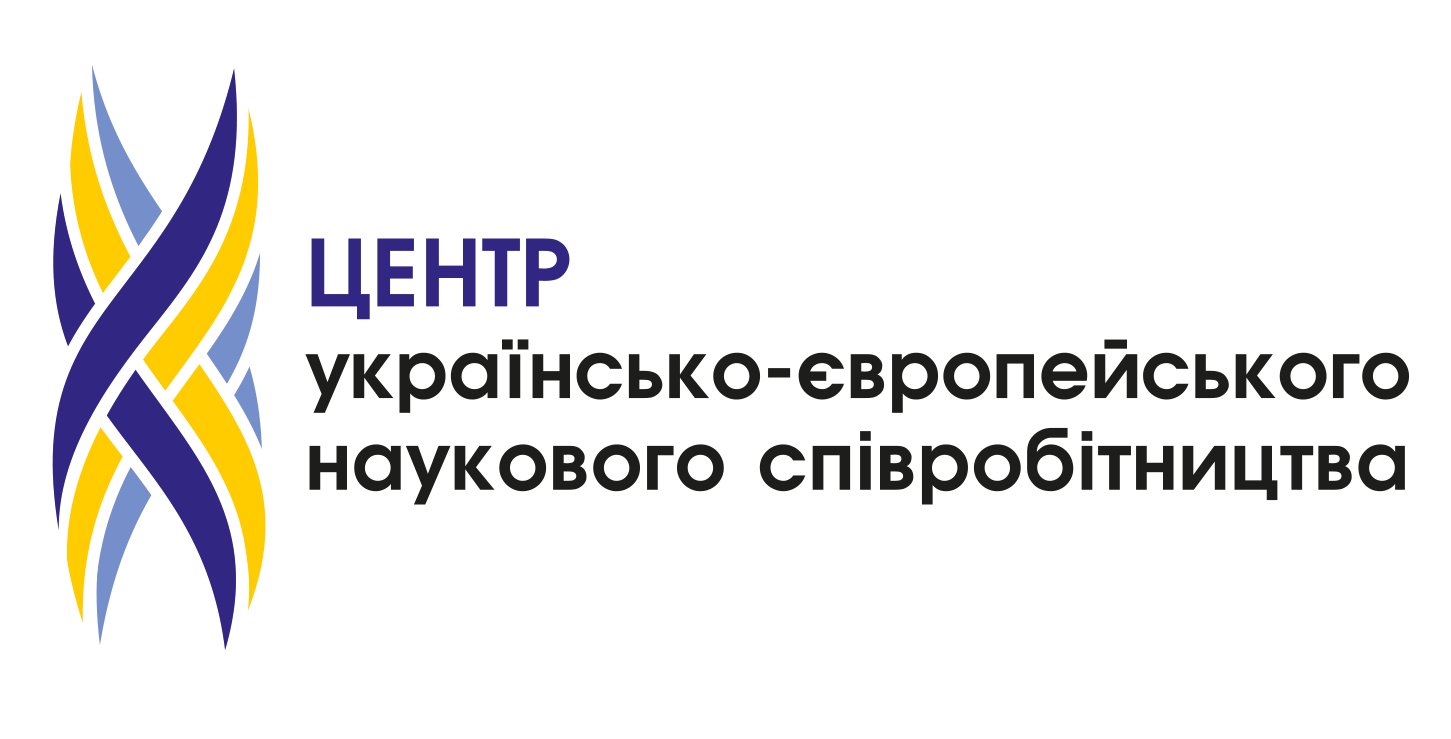 Key Features of the Education System
Key Features of the Education System
The Althingi (Icelandic parliament) and the Ministry of Education, Science and Culture bear political and legal responsibility for the education system and are responsible for establishing its administrative framework and principal goals. Local authorities are responsible for the operation of nursery schools and primary schools in their area.
The Ministry of Education, Science and Culture (henceforth the Ministry) addresses the education system as a whole. The Ministry prepares educational policies and ensures their implementation, and is responsible for the general administration of educational issues.
The Ministry is responsible for educational issues at all school levels, i.e. nursery school, primary school, secondary school and university, as well as lifelong learning and scholarships. It also takes the initiative in the development of educational innovations, including distance learning and the publication of educational material.
The Ministry is responsible for preparing the national curriculum for nursery schools, primary schools and secondary schools, as well as music education at all levels. The national curriculum is the ideological foundation and a policy formulating guideline for the schooling levels.
Schools at all educational levels follow educational polices as determined by local authorities and the Ministry. Such policies are a general guideline for school work and the aspects of parenting and education that society wishes to focus on.
A curriculum and work plan is prepared for each school based on the national curriculum. School curricula are a guideline for students, teachers, other school employees and parents. Further information on school curricula can be obtained from the schools’ websites.
Stages of the Education System
ISCED 0
Early childhood education and care (ECEC) is divided into centre based provision and home based provision. From age 1 until age 6 when primary education starts, children can attend preschool centres (Leiksskóli), which fall under the overall responsibility of the Ministry of Education. There is also a system of regulated and publicly subsidised home-based provision (Dagforeldri), aimed at the youngest children (from birth up to age 2), which falls under the responsibility of the Ministry of Welfare. The cornerstone of ECEC work is play. It is the preschool teacher’s teaching method and the child’s path to learning. Each school is responsible for introducing their own framework based on the guiding principles of learning by play.
The Icelandic Preschool (leikskóli) is defined as the first level of schooling, although non-mandatory. The right to receive general education is guaranteed by article 76 of the Constitution of Iceland. The National Curriculum Guide for Preschools of 2011 is based on the Preschool Act No. 90, 12 June 2008 which is the framework legislation for the ECEC. Legal entitlement for the ECEC is widely described. In Icelandic legislation it is stated that it is the responsibility of the Icelandic municipalities to offer children preschool education but with no age limit being specified. However, over 95% of Icelandic between ages 2 and 3 have been offered a place in a preschool in their respective municipality. Various professional services are also offered, including special education services and phycological assistance.
Accountability for the Icelandic pre-school is divided between the Ministry of Education and the municipal authorities. The ministry formulates an educational policy for the pre-schools and publishes the National Curriculum Guidelines, while the local authorities supervise schools and pre-schools and bear the expenses involved. The pre-schools are to set their own school curriculum guidelines and it is the role of the municipality to follow closely the implementation of the guidelines for each school.
The emphasises equality and inclusion for all students is strong: According to the framework legislation for the ECEC in Iceland (Preschool Act 90/2008), local authorities are responsible for are responsible for all matters regarding the accommodation for children with special needs and children at the risk of disadvantage. Municipalities are to include these measures in their general policy on preschools within their district.
Pedagogical approach: Icelandic Preschools take a holistic approach to the education and care of children, intended to promote well-being and learning through play. The educational policy of Icelandic preschools is based on six fundamental pillars, which are elaborated on in the National Curriculum Guide.
These fundamental pillars are:
- literacy
- sustainability
- health and welfare
- democracy and human rights
- equality
- creativity
Iceland is one of the OECD countries which invests most in its education system. Expenditure on education, for all educational levels combined, as a percentage of GDP compares among the highest in Europe or 7% in 2017, only second after the top scorer Sweden, followed by Finland (7.1% and 6.8 % respectively).
Municipalities are responsible for financing and the operation of preschools and within the legal framework described above, the municipal authorities are also responsible for implementing the common national curriculum in their respective municipal preschools. On a local level, it is the role of politically elected school-boards, together with the leadership of the preschools to influence how this is done. Primary and lower secondary education is founded on the principle of a unified school located in the neighbourhood of the students. Children are usually offered a place in a kindergarten run by their municipality at a young age, ranging from the capacity of the municipality in question, but typically between 18 months and two-and-a-half years of age. Between ages 2 and 3, over 95% of all Icelandic children have been offered a place in a municipal- run facility. Most kindergartens are public, although self-financing centre-based ECEC provisions exist, but they are always co-funded by municipalities. A total of out of the total of 254 schools were operated by the municipalities in 2016, according to Statistics Iceland, while 41 schools were run by others. While fees vary from municipality to municipality, and may depend on the parents’ circumstances, the co-contribution of the municipality is always significant (in any case at least 75%) of the total cost of the operating cost.
ISCED 1-2
The local communities are principally responsible for complsory schools (a single structure system of primary and secondary education) as well as the implementation of the Primary School Act.
School Councils in each local community have to see to it that all school children who are supposed to attend compulsory school do attend. The school council is also responsible for ensuring that schools are provided with access to specialist services and that there is acceptable housing available, as well as areas for outdoor activities and playgrounds.
The head teacher is the head of a primary school (including lower secondary school). He or she is responsible for the work of the school, manages the school, and provides professional leadership. The assistant head teacher works under the leadership of the head teacher, and together they manage the daily work of the school.
Department managers or project managers are mid-level managers who manage a section of the school work, a department or schooling level, according to the decision of the head teacher.
There are teachers’ councils operating in all larger primary schools. The councils operate with a mandate from teachers and assist head teachers with the management of the school. In smaller primary schools, teachers’ meetings carry out the duties of a teachers’ council.
Teachers and the supervisory teachers of individual classes organise the preparation of the class curriculum. The curriculum stipulates the study programme for the school year or for individual classes during the school year. During each semester there is a course assessment or examination for each subject, in order to monitor the academic progress of students.
An individually oriented curriculum is a schedule for all students. It suits in particular those who need further educational or social assistance, on top of what is offered by the class curriculum.
ISCED 3
The Upper Secondary School Act nr. 92/2008, contains provisions concerning the National Curriculum Guide for Upper Secondary Schools of 2011 and school working guides. The National Curriculum Guide, issued by the Ministry of Education, Science and Culture defines, among other things, the objectives of individual subjects and branches of study. It also describes the overall structure and the contents of individual subjects and branches. Furthermore, the National Curriculum contains guidelines for school working guides and assessment of the work that goes on in the schools. The law stipulates that individual schools are to write their own school working guides which, among other things, are to specify what areas individual schools have chosen to emphasize, define the education they offer, and their teaching methods and administration. Even though the schools working guides may vary, they have to offer courses on various levels of strength and skills. Under the National Curriculum Guide, the matriculation examination, one of the paths toward concluding the upper secondary school level, must include courses with various levels of strength to ensure deeper knowledge and skills.
The educational policy that appears in the National Curriculum Guide based on six fundamental pillars which serve as guidelines for the curriculum.
These fundamental pillars are:
- Literacy in the widest sense,
- Education towards sustainability,
- Health and welfare,
- Democracy and human rights,
- Equality
- Creativity.The most common form of education at this level is a comprehensive upper secondary school which offers both general academic studies and VET. Almost all VET takes place at upper secondary school level (ISQF 3 / EQF 4 or beyond). A few possibilities exist at post-secondary non-tertiary level (ISQF 5 / EQF 5), e.g. tour guides, masters of crafts, where journeymen with at least one year working experience learn how to start a company and train apprentices. The highest ISQF VET levels are captains and marine engineers (ISQF 5 / EQF 5).
School curricula are issued in all secondary schools. The curricula describe available study programmes, the length and content of courses, division according to subject matter, teaching methods, learning assessments and administrative methods. The school board of the school in question must approve the curriculum for it to take effect, and the board monitors its implementation.
The Minister of Education appoints a five-member school board to prepare annual work plans and the budget for the school. Teachers and students shall act as observers and have the right to speak and submit suggestions.
The school head, appointed by the Minister of Education, governs the school and is responsible for day-to-day operations and work.
The school head recruits the assistant head and all other staff members, in consultation with the school board.
The school board shall provide the head teacher with advice and assistance with the management of the school. The board consists of management and the representatives of teachers and students.
Student committees in secondary schools have, among other things, the right to make suggestions and comment on the goals of study programmes, educational material, and teaching arrangements. Student associations, which are the general associations of students in each school, establish rules on the appointment, responsibilities and procedures of student committees.
ISCED 5-7
University-level educational institutions consist of various study programmes and departments within those programmes, research institutes and centres, and various service institutes and offices.
The Minister of Education, Science and Culture is responsible for establishing rules on monitoring the quality of instruction and research. The university is responsible for internal assessments, while the Minister is responsible for external assessment.
Formal criteria for higher education and degrees are issued by the Minister of Education. The arrangement of instruction, research, studies and educational assessment is decided within the university.
Recognised degrees include Diploma degrees, Bachelors degrees, awarded on completion of basic studies, Masters degrees, on completion of one or more years of postgraduate studies, and doctoral degrees, on completion of extensive research-related post-graduate studies.
Student councils are active within the majority of universities and guard the interests of students both within the university and outside it. There are also students’ associations within university departments.
The universities offer advisory services for students and prospective students. The services cover advice on programme choice, work methods and other issues relating to studies.
Structure of the National Education System
Resource: https://eacea.ec.europa.eu/national-policies/eurydice/content/iceland_en









